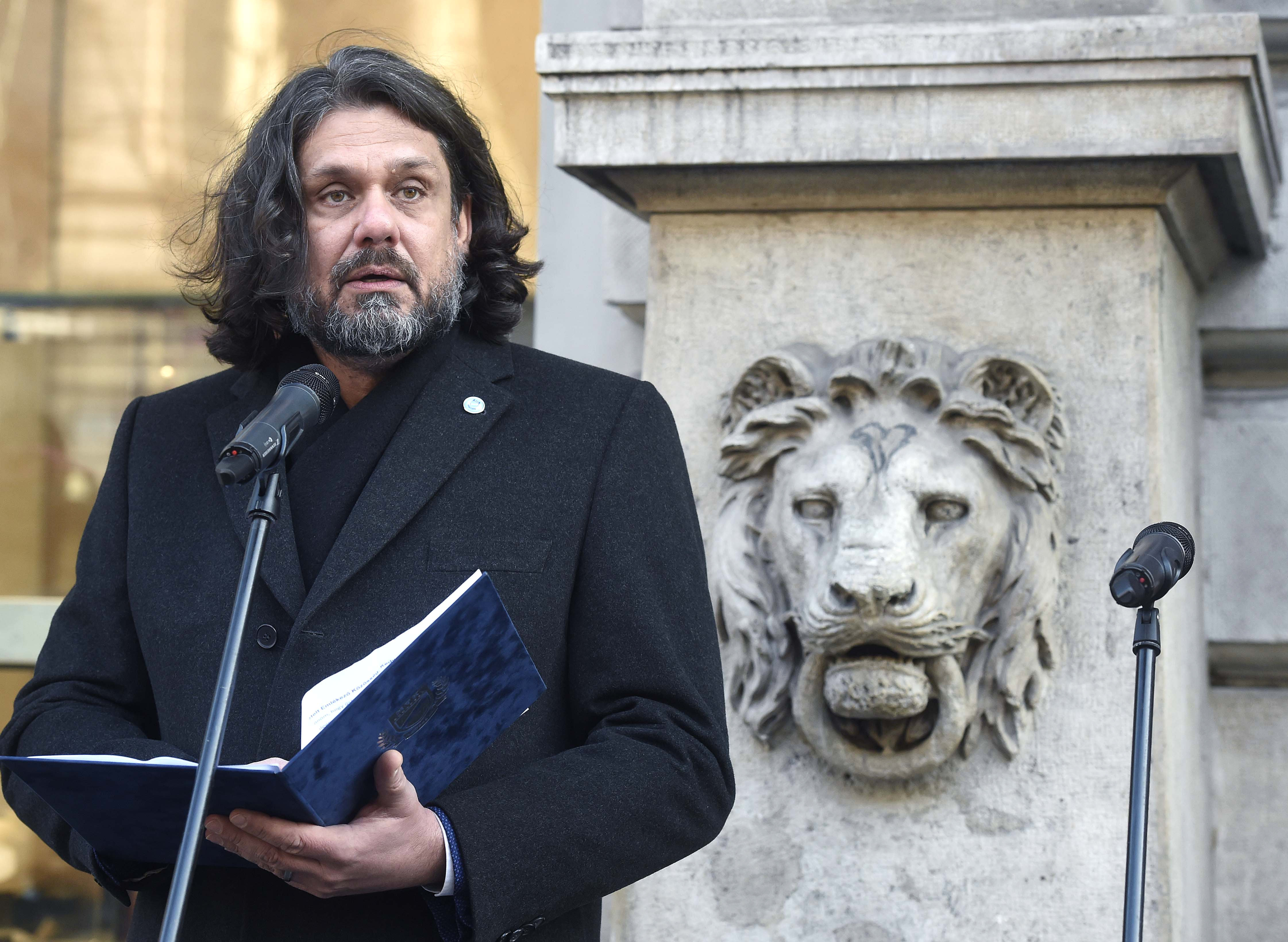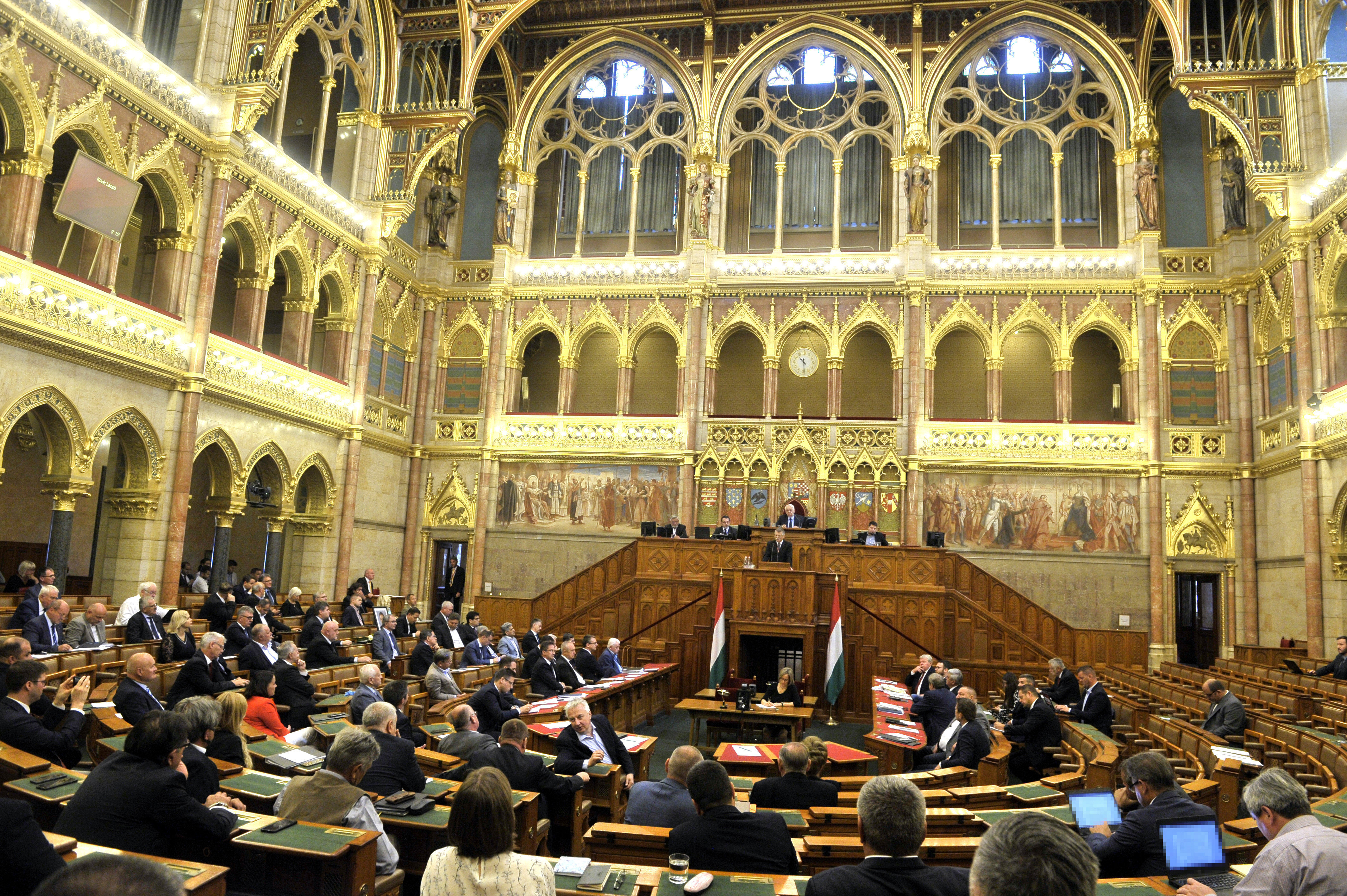Hungary polls citizens on lifting pandemic restrictions
- Stay updated on the latest news from Hungary by signing up for the free InsightHungary newsletter:
Hungary's government has launched its newest national consultation on the lifting of pandemic restrictions, giving Hungarian citizens the chance to guide its pandemic policy.
The online consultation will seek Hungarians' opinions on:
- whether pandemic regulations should be gradually phased out or eliminated simultaneously at the end of the pandemic
- whether the nighttime curfew of 8 p.m. to 6 a.m. should be lifted
- whether restaurants, hotels and sports facilities should be allowed to reopen
- whether receiving an immunity certificate attesting to one's protection against the virus (vaccination or having already recovered from infection) should afford document holders special exemption from pandemic restrictions, such as attending concerts, festivals, sports matches and other events
- whether to allow only foreign nationals that can prove they have been vaccinated or have recovered from the virus to enter Hungary until the end of the pandemic.
National consultations, typically conducted through a printed questionnaire sent to every adult Hungarian through the mail, are used by the government ostensibly to measure public opinion on certain current political topics. The results of the expensive, non-scientific questionnaires (which often contain leading questions to which there is only one reasonable answer) are invariably used by the government as a mandate from the people to support its legislative policies.
For example, the last national consultation, conducted last summer on "the coronavirus and restarting of the economy," was used by the government to justify decisions not to introduce new pandemic restrictions even as new cases, hospitalizations and deaths began rising dramatically in September. Prime Minister Viktor Orbán then said his government would seek to avoid imposing pandemic restrictions, adding, "The country must function."
According to data obtained through a freedom of information request, the government spent HUF 11.5 billion (€32 million) on that consultation as the coronavirus pandemic and subsequent economic crisis heated up, most of which went to advertising. Pollsters and social scientists have criticized the consultations as lacking genuine polling value.
First shipment of Chinese vaccine arrives in Hungary
The first shipment of a Chinese Covid-19 vaccine arrived in Budapest on Tuesday, making Hungary the first European Union member state to receive a vaccine produced in China.
The jet from Beijing delivered 550,000 doses of the Sinopharm vaccine, enough to treat 275,000 people with the two-dose shot. Hungary has purchased 5 million total doses of the jab and expects the shipments to arrive across the next four months.
With the single shipment, there have now been nearly the same number of doses of Sinopharm delivered to Hungary as of the Pfizer-BioNtech vaccine, which began arriving in December. But doctors may not begin administering the jab until it has been assessed and approved by the National Public Health Center (NKK), which is likely to take 2-3 weeks.
While the delivery of more than half a million doses significantly increases Hungary's stock of vaccines, the quantity was smaller than initially expected. On Tuesday, Foreign Minister Péter Szijjártó published a video on Facebook where he said that "more vaccines from China are arriving earlier than promised."
But a month ago, Prime Minister Viktor Orbán said in an interview that Hungary could "tomorrow morning, with little exaggeration...make more than a million Chinese vaccines available." The next day, Orbán's chief of staff Gergely Gulyás told a press conference that the first shipment of Sinopharm vaccines could contain 1 million doses.
Other questions arose when liberal daily Népszava reported that the Sinopharm shipment did not contain the proper documentation, which the NKK is required to examine alongside vaccine doses to ensure they are identical. At an online press briefing Wednesday, Chief Medical Officer Cecília Müller denied Népszava's report, saying documentation had arrived with the shipment and was being examined by the NKK. Foreign Minister Szijjártó later told television network ATV that Hungary had received the Sinopharm documentation in December.
Recent polling of 1,000 Budapest residents shows that of those willing to receive a vaccination, only 27 percent would choose a Chinese vaccine, compared to 43 percent for a Russian vaccine and 84 percent for a jab developed in Western countries.
European People's Party to change rules making it easier to expel Fidesz delegates
The European People's Party (EPP), a center-right political caucus in the European Parliament of which Fidesz is a member, plans to change party rules to make it easier to expel its members, according to information gathered by 444's Péter Magyari.
Sources indicated that the rules change is designed specifically to clear the way for expelling the entire Fidesz delegation from the party after a series of heated conflicts between Fidesz members and EPP leaders.
The new rules would allow the caucus to expel the entire delegation of a member party with a single vote. According to current rules, party members may only be voted out on an individual basis. It remains unclear whether a simple majority vote could expel an entire delegation or if a qualified majority would be required.
At the urging of 39 EPP MEPs, the party caucus met in December to discuss the possible expulsion of Tamás Deutsch, the head of Fidesz's EP delegation, after he made comments comparing EPP leader Manfred Weber to the gestapo and Hungary's communist-era secret police. The EPP voted to strip Deutsch of his rights to speaking time in plenary sessions and to remove him from any positions within or on behalf of the EPP Group, but declined to expel him.
The party also slammed Fidesz for violating EU values, including European integration, the rule of law, judicial independence, free media, support for civil society, protection of human rights and protection of all minorities.
Fidesz has been suspended in the EPP since March 2019, but group leaders have repeatedly declined to hold a vote on expelling the party, most recently referring to the impossibility of such a vote because of pandemic concerns.
Sources say that the EPP will hold a vote in early March on whether to expel the Fidesz delegation.
Value of assets of MPs grows 786 percent since 2010
The average net worth of Hungarian Members of Parliament grew by 20 percent in 2020 compared to the previous year, and by 786 percent since 2010, according to an analysis by economics website mfor.hu.
In 2010, the year that Prime Minister Viktor Orbán and his Fidesz party returned to power, the average assets of MPs were valued at HUF 3.1 million (€8,600). Last year, that figure had increased to HUF 28 million (€78,000), nearly eight times higher. The calculations were made according to the asset declarations of sitting MPs that have been in office since 2010, and included securities, investments, cash and accounts receivable, but do not include real estate holdings or other valuables. MPs' debts were subtracted from the value of their assets to determine their net asset holdings.
Those MPs in office since 2010 had net assets valued at HUF 3.5 billion (€9.7 million) last year, according to the analysis, while in 2019 that figure was HUF 2.9 billion and HUF 401 million in 2010. Since then:
- the value of MPs' securities grew by 21 percent to HUF 2.4 billion
- their savings accounts grew by 587 percent to HUF 997 million since 2011
- their cash holdings grew to HUF 303 million, up 89 percent since last year and 29 percent since 2011
- their other accounts receivable grew to HUF 1.5 billion, 4 percent higher than in 2019 and three times higher than in 2011.
In terms of real estate holdings, the MPs in question owned 512 properties in 2011, a number which grew to 682 by 2020.





